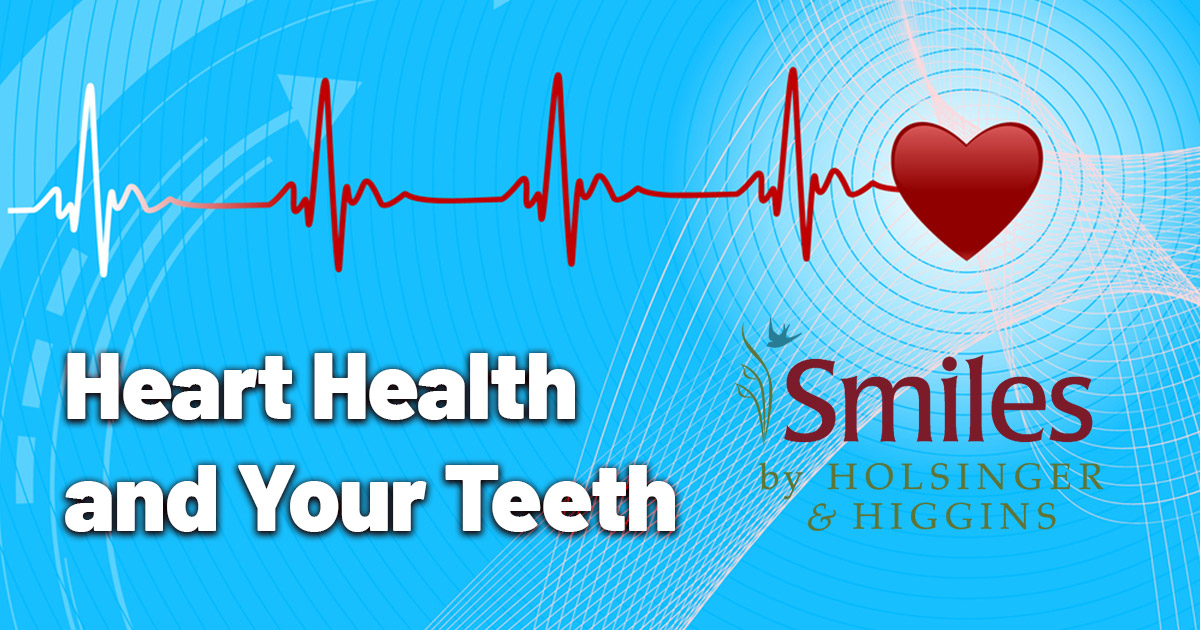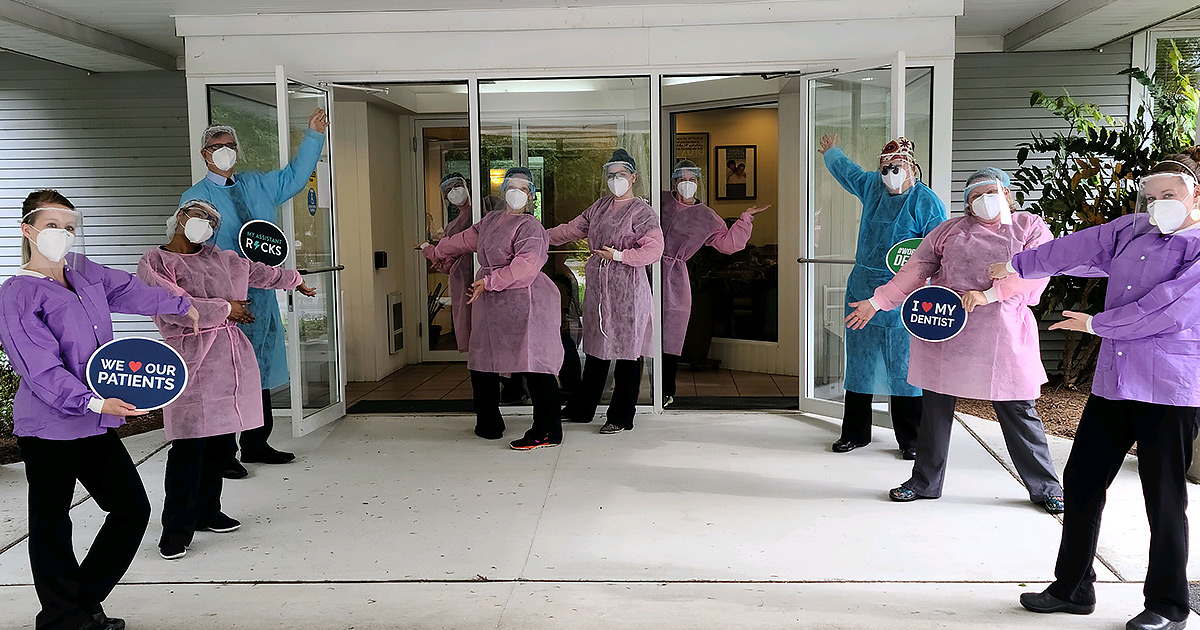Middle-Aged Tooth Loss Linked to Heart Health
Did you know that heart disease is the leading cause of death in America? Nearly 800,000 die from cardiovascular disease (CVD) every year — that’s a rate of one in every three deaths. The idea that oral health and heart health are linked is not new; a number of studies have shown that oral health problems, such as periodontal disease and tooth loss, are related to inflammation, diabetes, smoking, and unhealthy diets.
A team of researchers led by Dr. Lu Qi of Tulane University wanted to see if there is a correlation between tooth loss specifically in middle-aged individuals, the age where tooth loss is most often associated with inflammation, and cardiovascular health.
The researchers conducted a study that looked at incidences of CVD in subjects with no tooth loss, one tooth lost, and two or more teeth lost. The participants, between the ages of 45 and 65 years of age, reported on the numbers of natural teeth they had, and in follow-up questionnaires reported any subsequent tooth loss. The study covered an eight-year period, and none of the participants had CVD when the study began.
The study reported:
- For those who started the study with 25–32 natural teeth, no significant increase in the risk for CVD was found for those who then lost only one tooth.
- Those who lost two or more teeth had a 23 percent higher risk of developing coronary heart disease than those who had lost none or one.
- The earlier the tooth loss, the higher the risk factor. Those with fewer than 17 teeth at the start of the study had a 25 percent higher risk of coronary heart disease than those who had 25–32 natural teeth at the start.
- The increased risk for CVD from those with the loss of two or more teeth occurred regardless of diet, physical activity, body weight, or other factors, such as high blood pressure, high cholesterol, and diabetes.
Reduce Your Risk
Dr. Qi is quick to point out that more research is needed because the limitation of having the participants self-report could have influenced results. But this research should encourage you to practice good oral healthcare throughout your whole life and take steps to reduce any increased risk early on. Getting regularly scheduled exams, screenings, and cleanings is key to identifying any conditions before they become a serious problem. If you are in the Denton, Maryland, area, call to schedule an appointment today. After all, a healthy smile could mean a healthy heart.









